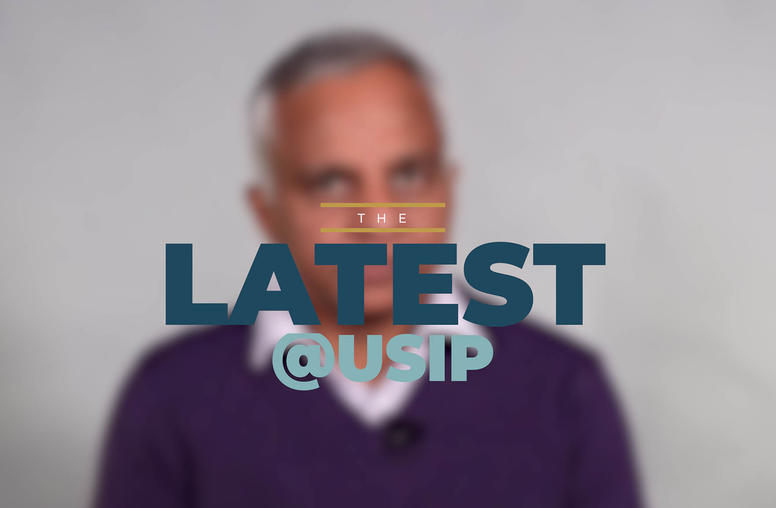
The Latest @ USIP: U.S.-Australia Cooperation in the Pacific Islands
Spanning a vast part of the globe, the Pacific Islands are neighbors to both the United States and Australia — which makes their security and prosperity deeply intertwined with our own. Pat Conroy, Australia’s minister for international development and the Pacific, discusses how the United States and Australia can work together to deliver on our commitments to address the region’s most pressing challenges such as climate change, economic growth and stability.









